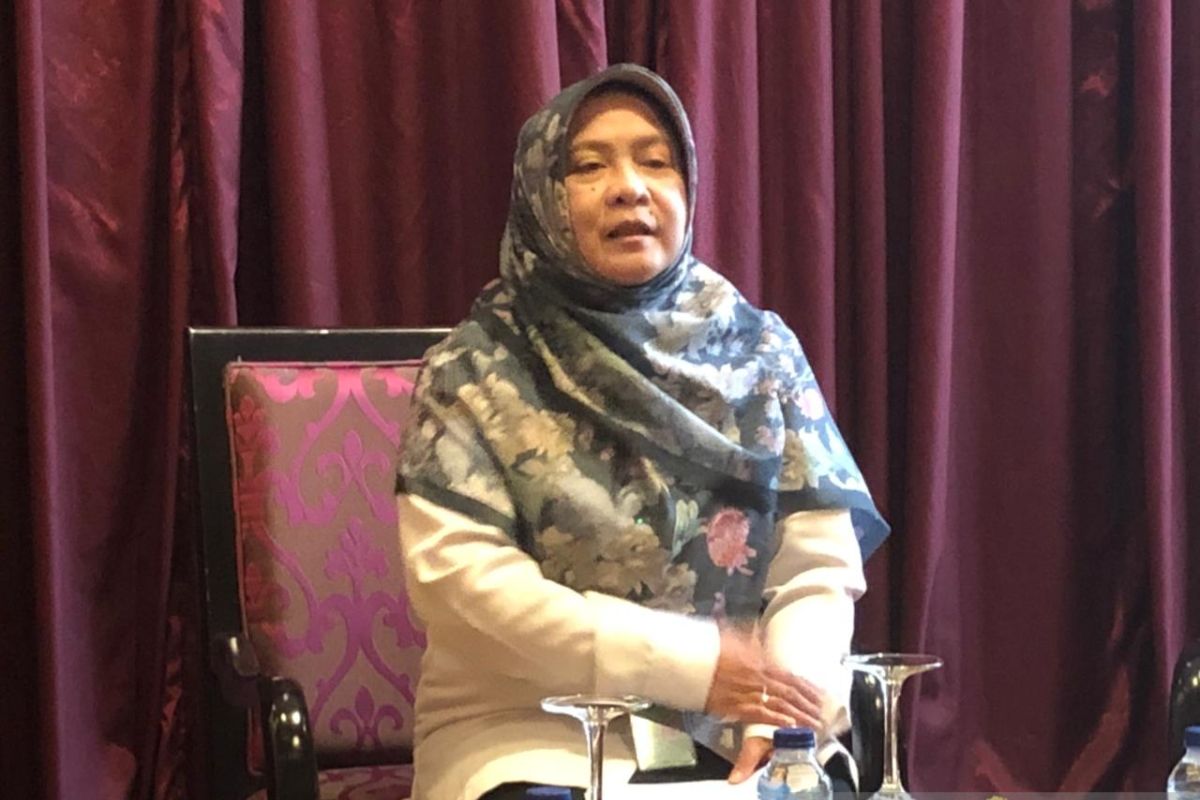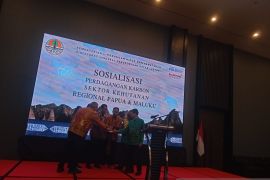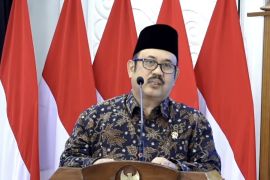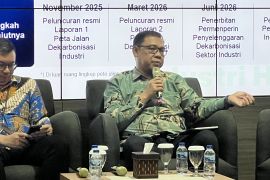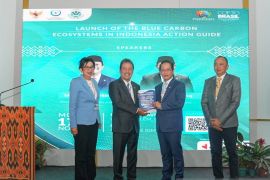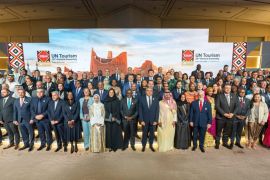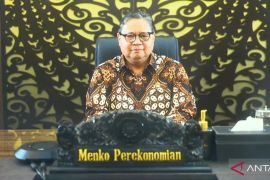By controlling the HFCs, Indonesia can increase its targets for reducing greenhouse gas emissions...Jakarta (ANTARA) - Indonesia has affirmed its commitment to implementing the Kigali Amendment, which prescribes a reduction in the use and production of hydrofluorocarbons (HFCs), from March 14, 2023, to help tackle climate change.
Director general of climate change mitigation at the Environment and Forestry Ministry (KLHK), Laksmi Dwanthi, said that controlling the use of HFCs by enforcing the Kigali Amendment could help prevent an increase in the Earth’s temperature by 0.4 degrees by 2100 and protect the ozone layer.
She made the statement while disseminating information on the ratification of the Kigali Amendment here on Wednesday.
Indonesia ratified the Kigali Amendment on December 14, 2022, through Presidential Regulation Number 129 of 2022 concerning the ratification of the amendment to the Montreal Protocol on Substances that Deplete the Ozone Layer, Kigali, 2016.
The director general said she expects that the policy to control the use of HFCs will help reduce the potential for global warming.
"By controlling the HFCs, Indonesia can increase its targets for reducing greenhouse gas emissions, especially (since the new target will be conveyed) in the Second NDC (Nationally Determined Contributions) document, which is being prepared,” she expounded.
Indonesia will also get many opportunities to develop eco-friendly cooling technologies as well as other technologies, which will bolster the government’s efforts to carry out environmentally friendly development through the enforcement of the Kigali Amendment, she said.
According to the government’s HFC reduction road map, Indonesia will start restoring HFC consumption in the country and bring it to the baseline level, which is estimated at 18.85 million tons of carbon dioxide equivalent, by 2024.
Then, further reductions will be carried out in stages. The use of HFC is targeted to decline by 10 percent from the baseline in 2029, 30 percent in 2035, 50 percent in 2040, and 80 percent in 2045.
Still, for meeting the reduction target, KLHK and all stakeholders will further calculate the consumption reduction scenario by taking national interests and priorities into account.
"Cooperation and collaboration from all stakeholders are crucial to achieve the target of reducing (global) HFC consumption, which has been set for up to 2100," Dwanthi added.
Related news: Climate change will pose challenge to food security: UGM professor
Related news: Govt to push seagrass, mangrove preservation to boost blue carbon
Translator: Sugiharto Purnama, Uyu Liman
Editor: Rahmad Nasution
Copyright © ANTARA 2023
